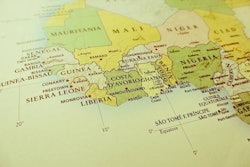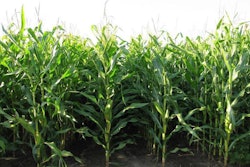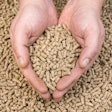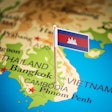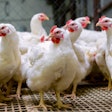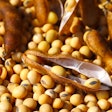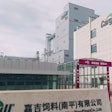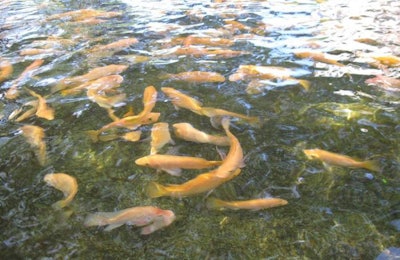
At a recent conference in Ghana, experts from Africa in animal nutrition and feed production discussed how to make better use of locally grown materials such as feedstuffs for farm animals and aquaculture.
Making better use of local raw materials and lessening reliance on imported feed ingredients, the ultimate aim is to improve food security on the African continent, according to My Joy Online.
The conference, titled “Agro By-products in Animal Feed Production in West Africa” was held last week at Kwame Nkrumah University of Science and Technology [https://www.knust.edu.gh/] (KNUST) in Kumasi.
Despite the challenges faced by the people of Africa, vice chancellor and professor, Kwasi Obiri-Danso, explained that much work had been done at KNUST and other institutions toward ending hunger, achieving food security, improving nutrition and promoting sustainable agriculture. He urged attendees to take advantage of the event to share ideas and best practices in order to improve the feed value chain.
Ghana focuses on aquaculture
Aquaculture has a high priority on Ghana’s economic development agenda, according to Professor Steve Amisah of KNUST and conference organizing committee member. Because of its important role in the protein supply, a national policy on aquaculture was adopted three years ago with the objective to boost output from 13,000 metric tons to 40,000 metric tons by 2018.
Among the challenges faced by Ghana’s fish farmers in achieving this goal is the shortage of locally produced fish meal and consequent need to import expensive proteins, according to KNUST. Without proper access to high-quality ingredients, locally produced feeds are not always properly balanced.
However, Amisah said, researchers have been exploring the possibilities of using local agro by-products in feed formation, in particular for tilapia. Several coproducts have been screened for suitability, including cotton seed cake, groundnut cake and husk, copra cake, and palm kernel cake. Of the eight test diets, those that produce the best results by the fish will go into commercial production.
Professor Oyedapo Fagbenro of Nigeria’s Federal University of Technology supported the aims of this work in his keynote speech.
He urged the adoption of measures to use all resources – human skills, animals and facilities as well as feed – as efficiently as possible to meet the people of Africa adequately and sustainably.
Warning that attention needs to be given to avoid toxins and anti-nutritional factors, he also advocated the development of local crops to reduce the current reliance on imports.
These changes require a new approach, away from traditional ways of feeding aquaculture species, Fagbenro said.
After the publication of a study last year showing the potential for the development of a tilapia farming industry in Ghana, the Dutch Embassy in the country recommended its government to support local feed production as there was only one aquafeed producer in Ghana at that time.
Also in 2015, it was reported that locally grown sunflower cake would soon be available as a protein source for Ghanaian poultry, pig and aquaculture feeds.
Ghanaians urged to invest more in aquaculture
At another event last week, Ghana’s Minister of Fisheries and Aquaculture Development said fish farming is a potentially very rewarding investment, bringing wealth and job opportunities, reported Ghana Business News, adding that Ghana should reduce its reliance on fish imports, which amount to a half-million metric tons each year.
The Minister, Sherry Ayittey, made the comments during a visit to the West African Fish Company and the China Aquaculture Development in the Eastern region.
General manager of West African Fish, Mark Towers, said his company produces 70 to 80 metric tons of fish every week, and called on the minister to restrict imports of tilapia in order to create space in the market for local farmers.


